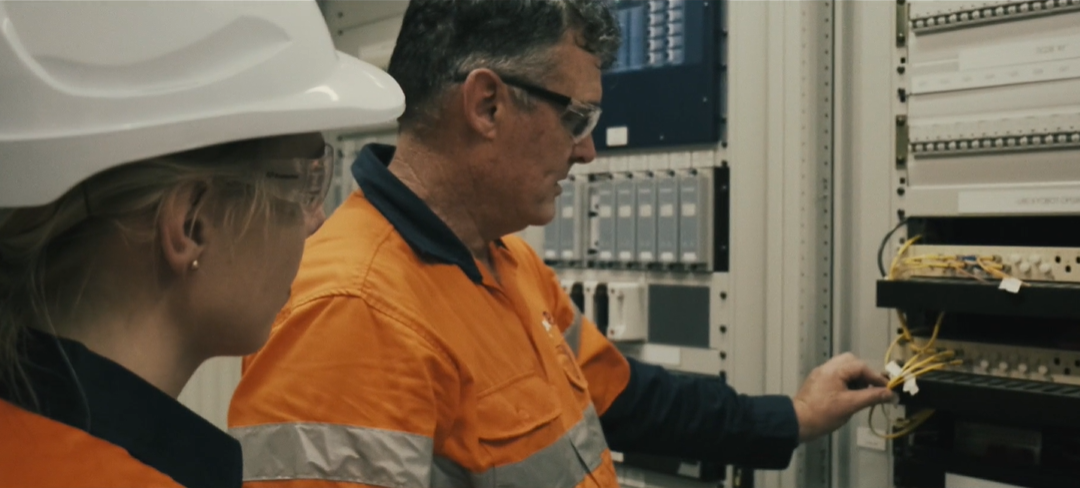We guide you through the latest AER priorities to ensure Generator Compliance.
With an influx of new regulations to accommodate the National Electricity Market’s (NEM) ever-changing landscape and transition to renewable energy, we have seen a rise in compliance related activities and infringement penalties.
As part of the AER Strategic Plan 2020-2025, the Australian Energy Regulator have released new guidelines for Generator Compliance aligning with the following key strategic objectives:
-
- Protect vulnerable consumers, while enabling consumers to participate in energy markets.
- Effectively regulate competitive markets primarily through monitoring and reporting, and enforcement and compliance.
- Deliver efficient regulation of monopoly infrastructure while incentivising networks to become platforms for energy services.
“The AER exists to ensure energy consumers are better off, now and in the future”
“Across the past two financial years, total penalties across AER issued infringement notices and penalties have been more than $39 million – a significant increase compared with the total penalties of just over $3.5 million issued during the preceding 14 financial years. Compliance failures in the energy sector can no longer be dismissed as a cost of doing business.”
Key AER Compliance and Enforcement Priorities for 2023-24
To improve market participants’ compliance with performance standards and standards for critical infrastructure the AER will enforce the following:
-
- Registered participants must ensure they comply with performance standards related to electricity generation; this is crucial for power system security.
- Non-compliance can lead to, or worsen, market events, emphasising the importance of adhering to these standards.
- Testing needs to be developed and maintained.
- Data not only needs to be collected it must be retained for a minimum of seven years.
- Compliance with performance standards is not a one-time task; it’s an ongoing and active responsibility for all market participants.
It is worth acknowledging that corrective efforts for non-compliance were delayed during Covid-19, hence the more recent uplift in investigations and reported instances of non-compliance. With the sector undergoing transition challenges, participants must adapt to the increasing number and complexity of new connections while ensuring compliance with their responsibilities.
With an influx of new regulations and governance, it’s essential that you state up-to-date with the latest information and Generator Compliance resources.
Our experts at EPEC can help you understand what your obligations are and consult on developing and implementing solutions to meet and maintain compliance. Contact our team today for more information.

